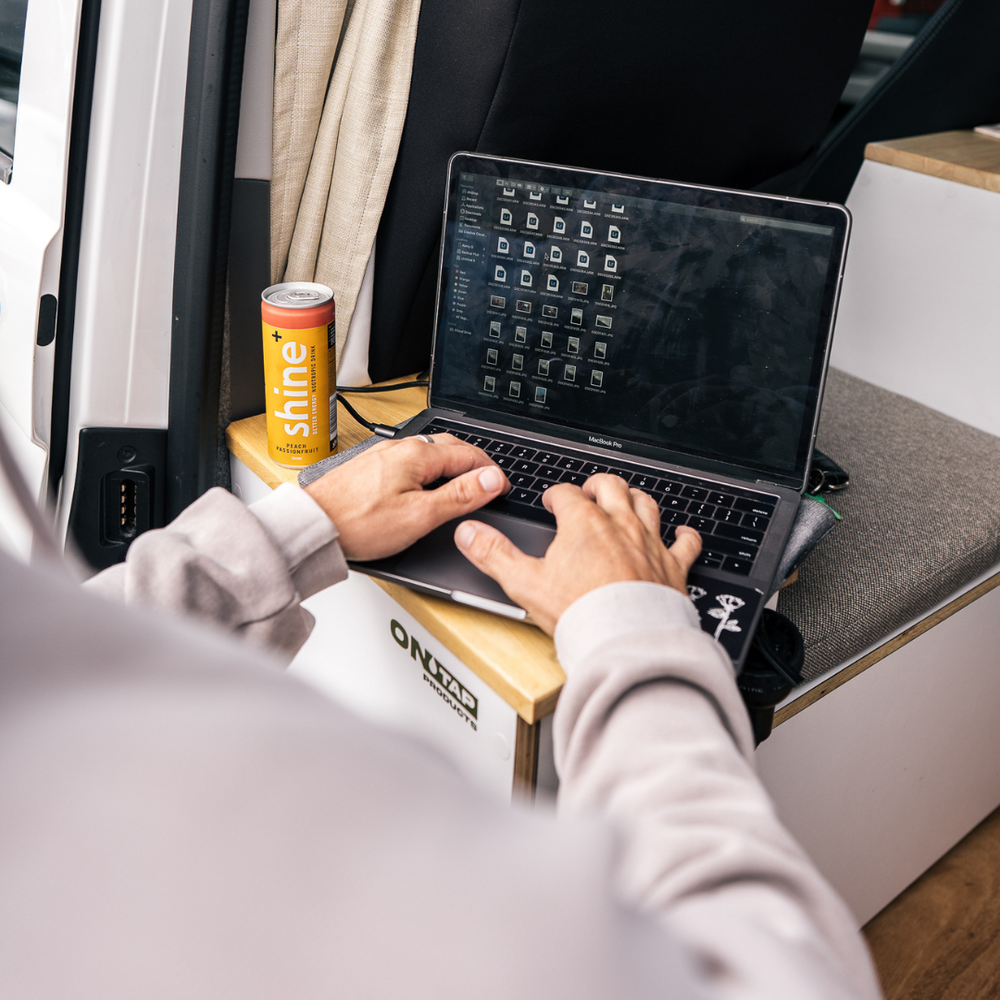STUDY SMARTER NOT HARDER: STUDY HACKS FOR TIME POOR STUDENTS
Most of us have been in the position of trying to cram an entire semesters worth of content the night before an exam, whether it can be put down to a semester of slacking off or simply not utilising effective study techniques.
As a student it can be difficult to strike a balance between study, work, and socialising. Juggling university and a life can make taking the time to study often seem like a huge sacrifice leading many to feel overwhelmed and burnt out, leading those of us who procrastinate like it’s second nature to simply avoid studying all together.
Rather than rote learning and futile attempts at memorising your entire textbook, we’ve provided you with a range of study hacks that are manageable for the most time poor of us and will entice even Olympian grade procrastinators to study smarter not harder.
These effective techniques allow you study without the sacrifice; no 8-hour blocks of staring at textbooks here. Instead these study hacks maximise retention and minimise time actually spent studying.
So here’s what to do to make the most of each study session.
Sooner rather than later:
After a lecture or tutorial, make sure to take a few minutes to review any content covered, as this helps you to retain it in your long-term memory. This will save you from the dreaded cram session the night before exams where you fruitlessly try to learn the entire topic in a few hours.
What’s your type?:
Find out what your learning type is and study accordingly to get the most out of every study session. If you’re a visual learner make flow charts, use colour coding and make your study material as visually engaging as possible. Auditory learners would benefit from recording their study notes to listen to, and should they wish to make even more effective use of their time can listen to these recordings sped up. Find out what type of learner you are here.
You’re the teacher:
Rather than screaming at your parents to leave you alone because you need to study when really you’re mid procrastination spiral - we’ve all done it – utilise them instead. Teach your parents (or siblings, friends etc.) the key concepts you’re studying as through teaching someone else you’re much more likely to actually understand the information as well as retain it.
Get moving:
Your breaks can make or break your study session, so use your study breaks productively and get some exercise in. Even if its just a short walk around your neighbourhood or a quick yoga routine, these will make all the difference in your ability to take in information and will prevent you from going stir crazy. This is because exercise improves oxygen and blood flow to the brain, which in turn improves memory and concentration[1], whilst the endorphins you get from exercising help alleviate the stress of study and boost learning capacity[2]. Check out this yoga sequence to help de-stress and focus, ideal for getting in the right headspace to study:
Pomodoro Technique:
If you’re unsure how to structure your study or simply want to ensure you’re engaging with your study material at the highest level then the Pomodoro Technique is an effective tool to maximise the work you get done whilst minimising the time spent doing it. How the Pomodoro Technique works is that for every 25-minute period you spend working, you then break for 5 minutes, and when you’ve done this four times you take a 15-20 minute break. Through breaking down study time into manageable chunks with short bursts of intense concentration, this limits procrastination and keeps the mind fresh to stop you from feeling overwhelmed.
Soundtrack to Success:
When studying it turns out silence isn’t golden. Rather, to maximise productivity listen to instrumental music. This can be anything from classical music to movie scores. Listening to the appropriate background music was found to improve cognitive performance, with one study finding that students with classical music playing in the background performed better than those without any background music. Researchers speculated that this is down to the fact that this choice of background music heightened student’s emotional state, making them “more receptive to information” [3]. Check out these study playlists on 8tracks.com or brain.fm.
Practice ‘Self Control’:
If your procrastination can’t be tamed it may be time to call in reinforcements. These reinforcements come in the form of ‘Self-Control’, a web based app that blocks access to the sites of your choice that distract you from getting work done. When this app is running in the nominated time period, even restarting your computer and deleting the app will restrict you from accessing these sites, giving you no choice but to actually do work. Install it here.
Brain Fuel:
Perhaps the easiest study hack to utilise is to feed your brain. Foods that naturally boost brain power include Brazil Nuts, full of magnesium to improve learning and memory, Walnuts that thanks to Alpha-Linoleic Acid promote blood flow to the brain, Blueberries which are antioxidant powerhouses to protect brain from damage, and Coconut Oil, whose Medium-Chain Fatty Acids support brain function and have therapeutic effects upon brain disorders such as Alzheimer’s. Caffeine in the right forms and doses is also an effective brain booster, for example, Green tea extract. Green tea extract contains both L-theanine and caffeine, which when dosed together are effective at improving decision making and attention during demanding tasks, especially when in a fatigued state.
So if you’re time-poor but still want that High Distinction average utilise these tips in order to keep your GPA and your sanity.
WORDS BY CLAUDIA STACEY-MURRAY
[1] http://www.memory-improvement-tips.com/exercise.html
[2] http://www.ncbi.nlm.nih.gov/pubmed/6348097
[3] https://news.usc.edu/71969/studying-for-finals-let-classical-music-help/










